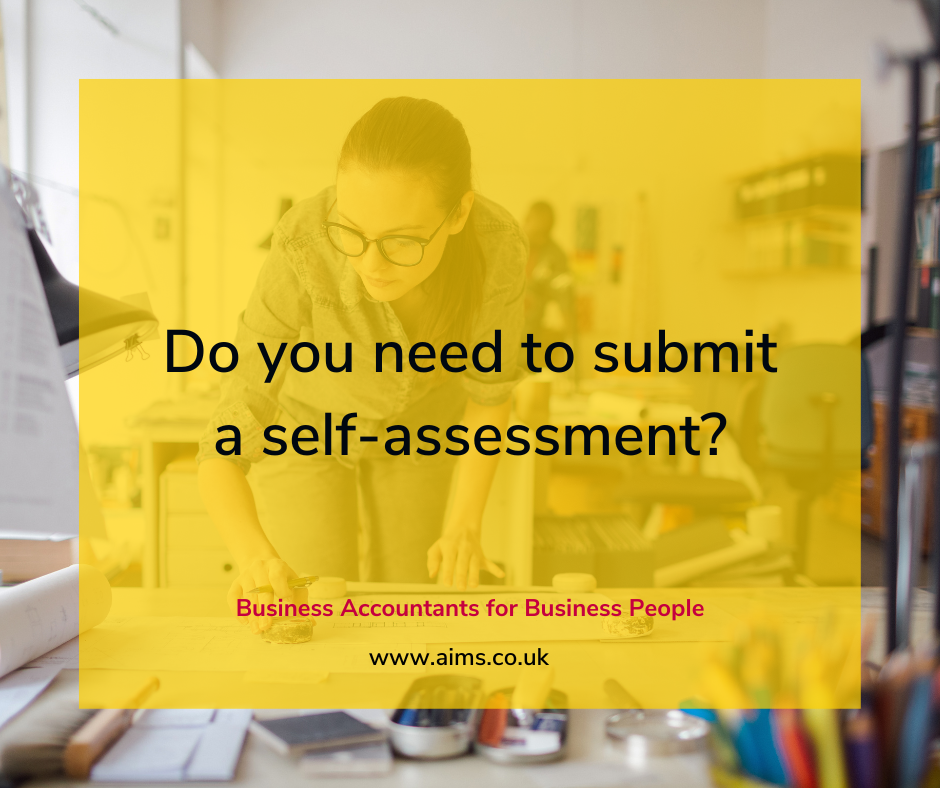
It’s self-assessment time! Well, soon. Yes, there’s still Christmas first but it’s worth thinking about now because late submissions come with a penalty. Nobody needs that!
The most common reason for needing to file a self-assessment is if you were self-employed and earned more than £1,000 (before subtracting anything you claimed tax relief on) between April 6th, 2021, and April 5th, 2022. This goes for the following self-employed people:
As we’ve already mentioned, if your income is more than £1,000 per year but you’re not trading through a limited company or partnership, you can deduct what’s known as Trading Allowance from your income instead of claiming business expenses. This is a more tax efficient way to operate as long as your business expenses don’t exceed £1,000. This is not an automatic allowance so you might want to claim it through your tax return.
The Trading Allowance usually applies to people working in the gig-economy or getting small amounts of money for a hobby that you want to turn into a business, and you earn less than £1,000 per year. If this describes your situation, you do not need to submit a self-assessment. Please note, you cannot claim Trading Allowance if you’re trading through a limited company or partnership.
Your submissions must be in by January 31st, 2023, for the tax year 2021-2022.
If your self-assessment is up to 3 months late, you’re charged £100. If payment is late, you are also charged interest.
HMRC have a penalties calculator which you can find in the comments section. Type some big numbers in to scare yourself and you’ll never be late again!
Finally, it’s worth looking at some more complex situations to make sure you’re covered.
Some people might want to file one if you want to prove you’re self-employed to claim tax-free childcare or maternity allowance. This one isn’t an absolute necessity of course and clearly depends on your personal situation.
Another one. If you claimed the Self-Employment Income Support Scheme (SEISS) grants then you must complete a self-assessment, even if your self-employment income is covered by the trading allowance. You must include the amount of SEISS grant income you received as it’s taxable income and subject to self-employed National Insurance contributions.
Let’s go further afield. Tax residents In UK who get some foreign income from businesses abroad or from renting out property abroad will have to pay tax in the UK on this, even if it has been taxed abroad. You will, however, usually be able to claim double-taxation relief.
If you work in the UK and are also employed abroad, as long as you don’t make more than the tax-free allowance abroad, you will not pay tax on it in the UK, so you don’t need to do a self-assessment. This is called the foreign workers exemption.
We could go into even more detail here but it’s worth speaking to your accountant if you think you fit into any of these scenarios.
Good luck filing!